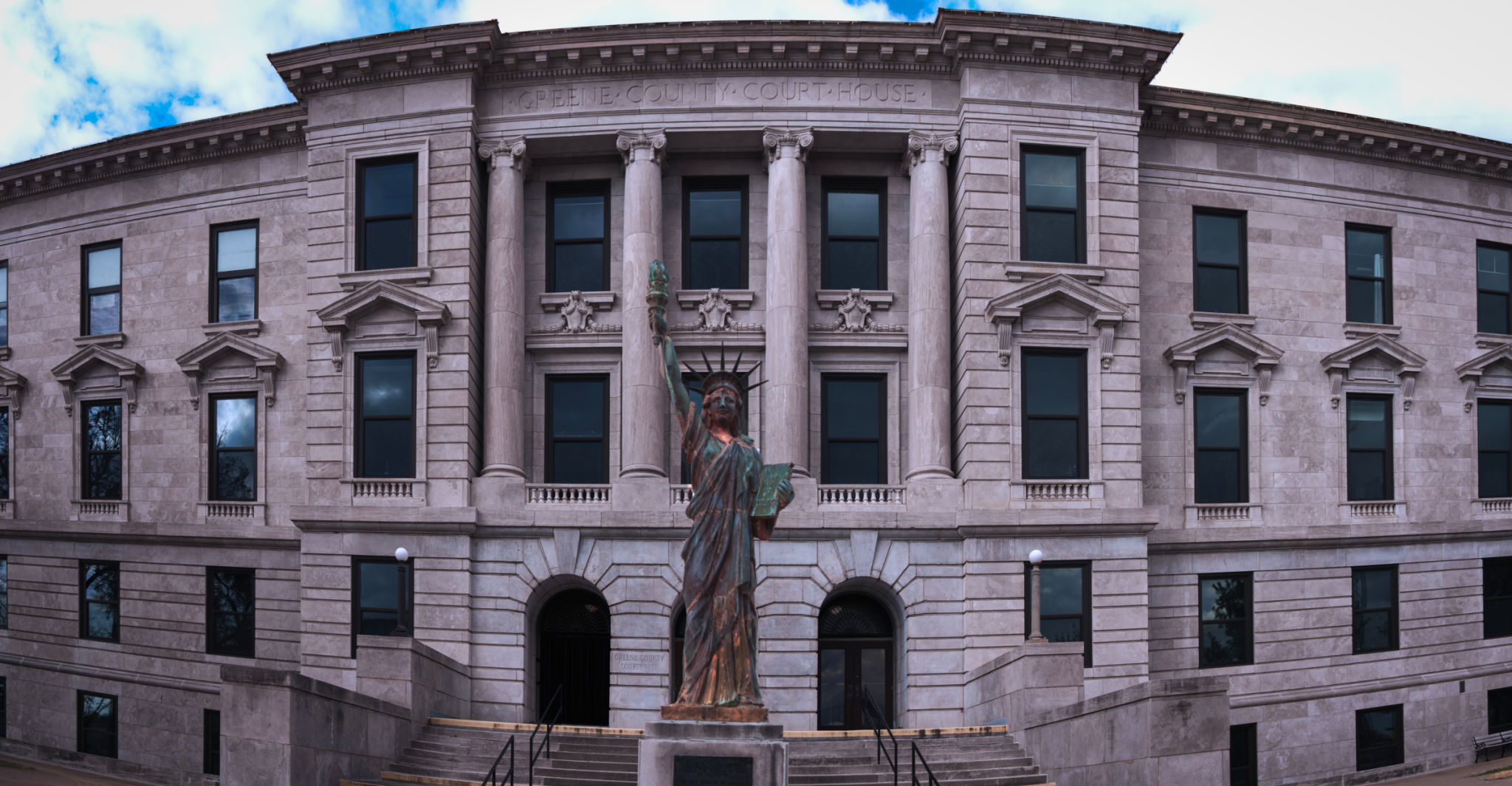An In-Depth Guide to Criminal Justice Reform in Missouri
Understanding the Need for Criminal Justice Reform
Criminal justice reform in Missouri has become a critical topic over recent years, with many advocating for changes to address systemic issues such as overcrowding in prisons, racial disparities, and recidivism rates. The primary goal of these reforms is to create a more equitable system that focuses on rehabilitation rather than punishment alone.
Historically, Missouri has faced challenges in its criminal justice system, including high incarceration rates and significant budget allocations to maintain prison facilities. These issues have prompted lawmakers and activists to push for comprehensive reforms that prioritize both justice and societal well-being.

Key Areas of Reform
Sentencing and Incarceration
One of the focal points of criminal justice reform in Missouri is revising sentencing laws. There is a strong push to implement policies that reduce mandatory minimum sentences, especially for non-violent offenses. By offering alternatives such as probation or community service, the state aims to decrease prison populations and provide offenders with a chance for rehabilitation.
Additionally, efforts are being made to improve conditions within correctional facilities. Overcrowding has long been a problem, leading to poor living conditions and limited access to rehabilitation programs. Reform advocates are working towards solutions that focus on reducing inmate numbers through better parole policies and increased support for re-entry programs.

Addressing Racial Disparities
Racial disparities in the criminal justice system are a significant concern in Missouri, as they are across the United States. African Americans and other minority groups are disproportionately represented in arrest and incarceration statistics, highlighting the need for reforms that ensure fairness and equity.
To address these disparities, Missouri is adopting measures aimed at increasing transparency and accountability within law enforcement agencies. Initiatives include bias training for officers, revising protocols to prevent racial profiling, and implementing data collection methods to monitor and evaluate racial disparities in arrests and sentencing.

Community-Based Solutions
Rehabilitation and Reentry Programs
A key component of criminal justice reform is the emphasis on rehabilitation over punishment. Missouri is investing in programs designed to help former inmates reintegrate into society successfully. These programs focus on education, job training, and mental health support, providing individuals with the skills needed to rebuild their lives post-incarceration.
Furthermore, community-based solutions such as drug courts and mental health courts aim to address the root causes of criminal behavior by providing offenders with the necessary support and resources to prevent reoffending. By treating underlying issues rather than merely punishing criminal acts, these initiatives contribute to lowering recidivism rates.

Policy Changes and Legislative Efforts
Reforming Missouri's criminal justice system requires comprehensive policy changes and legislative action. Lawmakers are actively working on bills that address various aspects of the system, including bail reform, decriminalization of certain offenses, and increased funding for public defenders. These efforts aim to create a more balanced and just system that serves all Missourians equitably.
The success of these reforms largely depends on bipartisan support and collaboration between stakeholders, including government officials, advocacy groups, and community organizations. Together, they strive to implement changes that reflect the evolving views on justice and rehabilitation.
The Path Forward
The journey toward meaningful criminal justice reform in Missouri is ongoing, with many challenges still to overcome. However, the commitment from various sectors provides hope for a future where justice is not only served but also rehabilitative in nature. By focusing on key areas such as sentencing reform, addressing racial disparities, and community-based solutions, Missouri can pave the way for a more just and equitable society.
As reforms continue to develop, it is essential for citizens to stay informed and engaged in the process, advocating for policies that reflect fairness and progress. The collective effort towards criminal justice reform can ultimately lead to safer communities and more opportunities for those affected by the system.